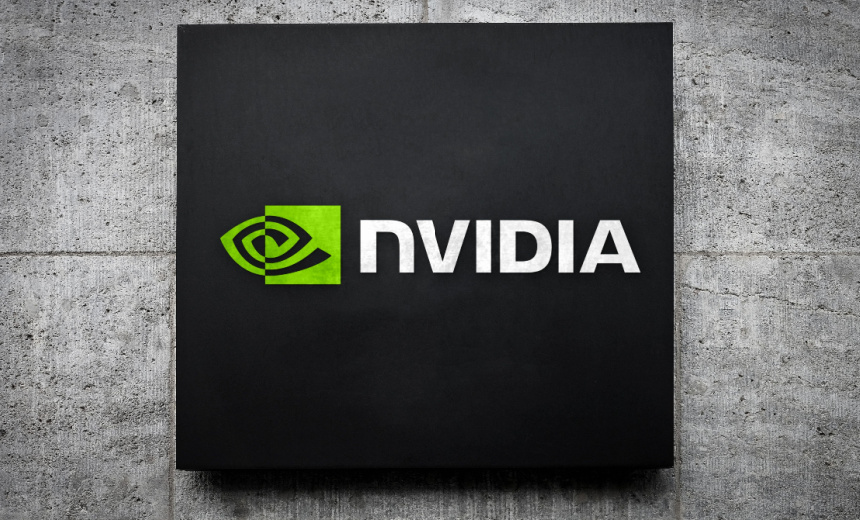Huang Critiques U.S. Export Rules, Warning of Missed Opportunities in China’s $50 Billion AI Market

Jensen Huang, the Founder and CEO of Nvidia, has expressed concern that recent U.S. export restrictions on the company’s H20 GPU product line inadvertently bolster Chinese competitors and diminish U.S. influence within the global AI landscape. He emphasized that these regulations may hinder American innovation efforts, as half of the world’s AI researchers are based in China.
Huang highlighted the flawed assumptions underpinning U.S. policy. He argued that the belief that China’s technological growth would falter without access to American innovation is misguided. “China’s ability to innovate remains robust, and losing access to U.S. technology will not stifle their advancement in AI,” he stated, adding that the closure of the $50 billion Chinese market to the U.S. industry represents a massive opportunity loss.
During a recent earnings call, Huang noted a significant growth in Nvidia’s sales, reaching $44.06 billion in the quarter ending April 27, 2025, up 69.2% year-over-year. Although the company maintained robust earnings of $18.78 billion, the new export controls have necessitated a significant write-off of existing inventory designed for Chinese data centers, impeding Nvidia’s market access.
U.S. Export Control Policies and China’s Competitive Edge
Huang underscored that U.S. export control policies, which shield Chinese manufacturers from American competition, may inadvertently empower these firms on a global scale. He shared that isolating the Chinese market represents a strategic error, potentially driving global talent toward rival nations. “By assuming that China cannot produce AI chips, we overlook their impressive manufacturing capabilities,” he cautioned, noting the necessity for U.S. companies to foster collaboration with top global developers, including those in China.
Despite the challenges presented by export bans, Huang remains optimistic about the potential for models developed on U.S. platforms to enhance American influence in the global AI infrastructure. He emphasized the importance of U.S. platforms maintaining their status as preferred environments for AI development, advocating for cooperation with high-caliber developers worldwide.
Backing for Policy Shifts and U.S. Manufacturing Initiatives
Huang also expressed support for the recent policy shift under President Trump, which aims to promote U.S.-manufactured AI technologies on a global scale. He asserts that American technology should drive the establishment of sovereign AI platforms worldwide, enhancing interoperability over protectionism.
In alignment with this vision, Huang reaffirmed Nvidia’s commitment to reshoring advanced chip and supercomputer manufacturing back to the United States. He outlined the company’s goal of fostering a self-sufficient pipeline capable of fully integrating American-made AI systems within a year, emphasizing the scale of this ambitious initiative.
As the world increasingly recognizes AI as foundational infrastructure, Huang’s insights offer a critical perspective on how regulatory environments might shape future AI leadership both domestically and internationally. The strategic choices made by governments and corporations today will undoubtedly influence the trajectory of global technological innovation.